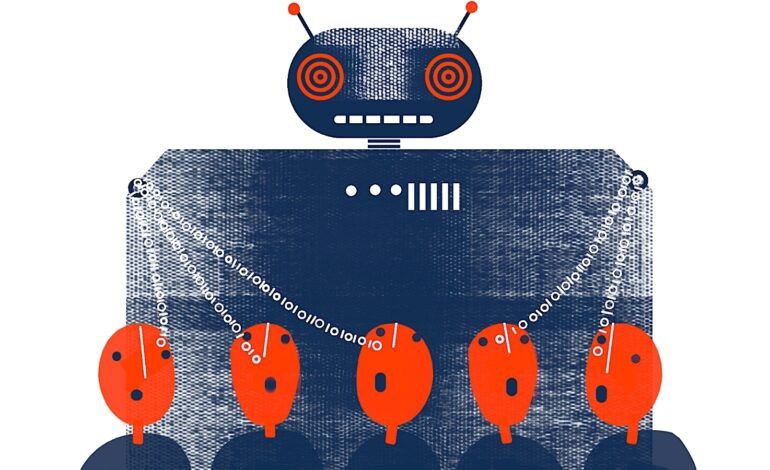
Exploring the Human Cost of Advancing AI Technologies
Artificial Intelligence is revolutionizing industries around the world. However, the rapid advancement of AI technologies raises concerns about what humans are losing in this technological transformation. This article delves into the societal impact, ethical dilemmas, and future challenges posed by AI, sparking a discussion on balancing innovation and humanity.
The Rise of AI and Its Societal Implications
As AI technologies advance, their integration into everyday life becomes more profound. From automating mundane tasks to enhancing productivity, AI has significantly impacted various sectors. However, this progress brings about social implications, such as job displacement and changing skill requirements. The workforce must adapt to a world where AI augments human capabilities, creating a need for upskilling and reskilling initiatives. Moreover, the societal divide between those with access to AI technologies and those without continues to widen, posing challenges in achieving inclusive growth.
Ethical Dilemmas Arising from AI Advancements
Ethical considerations are at the forefront of AI development. As machines and algorithms make decisions previously made by humans, questions about accountability, transparency, and fairness emerge. The potential for AI to reinforce existing biases and inequalities is significant, demanding rigorous testing and ethical guidelines. Privacy concerns also escalate as AI systems collect and analyze vast amounts of personal data. Addressing these ethical challenges is crucial to ensure AI technologies align with societal values and norms, promoting trust and acceptance.
Navigating the Challenges of a Technologically Dominant Future
The future of AI is filled with both possibilities and challenges. As technologies evolve, the balance between innovation and human-centric development becomes essential. Policymakers and stakeholders must collaborate to create frameworks that regulate AI development responsibly. Education systems need to be reimagined to prepare future generations for an AI-driven world. Ultimately, finding solutions to the complex challenges posed by AI will require global cooperation and a commitment to prioritizing humanity alongside technological progress.
Conclusion
AI technologies present significant opportunities and challenges for society. As we progress, it is vital to navigate the ethical, social, and economic impacts carefully. By fostering dialogue and collaboration, we can harness the potential of AI while ensuring it serves humanity positively. The journey towards a balanced AI future requires strategic planning and an unwavering commitment to ethical practices.





